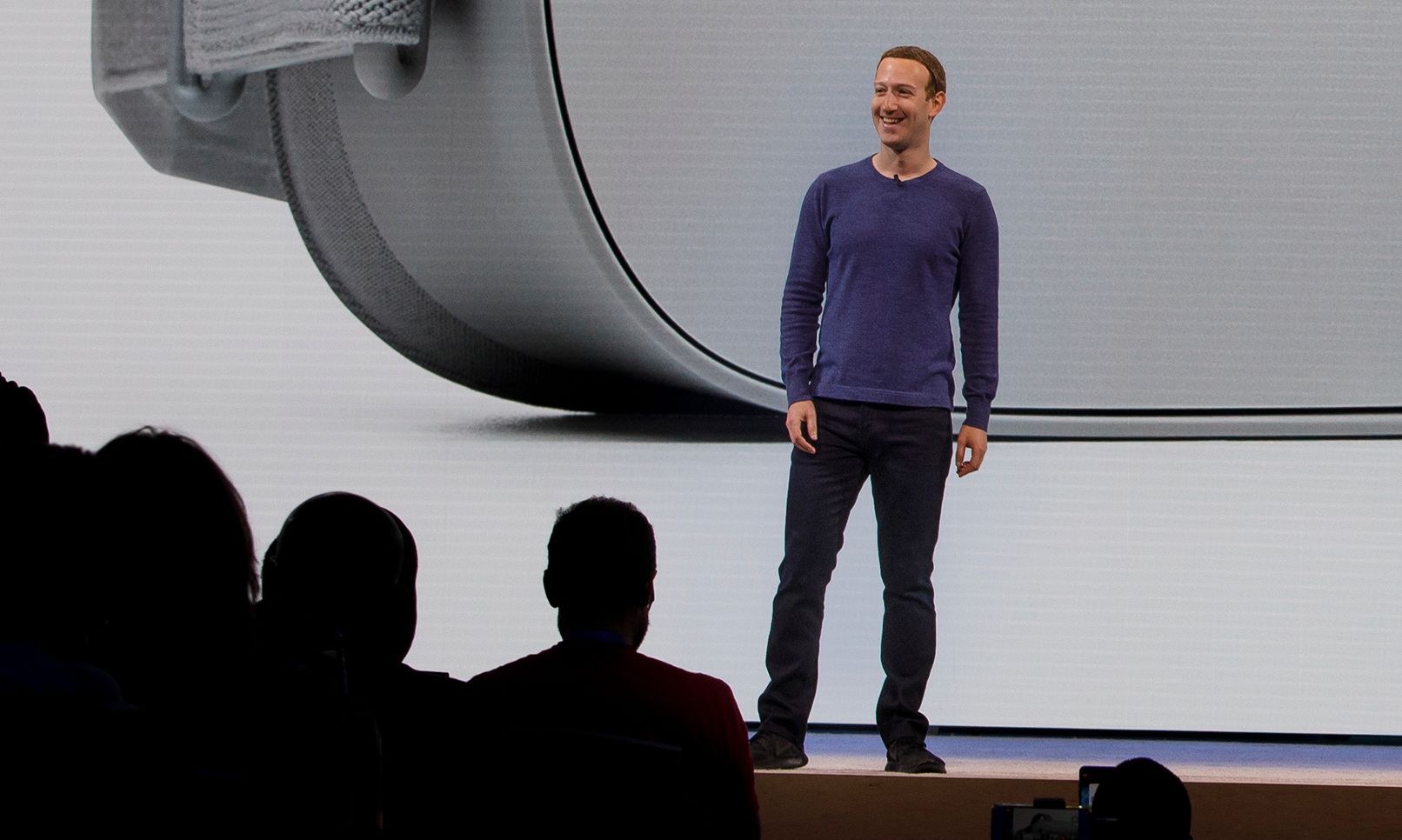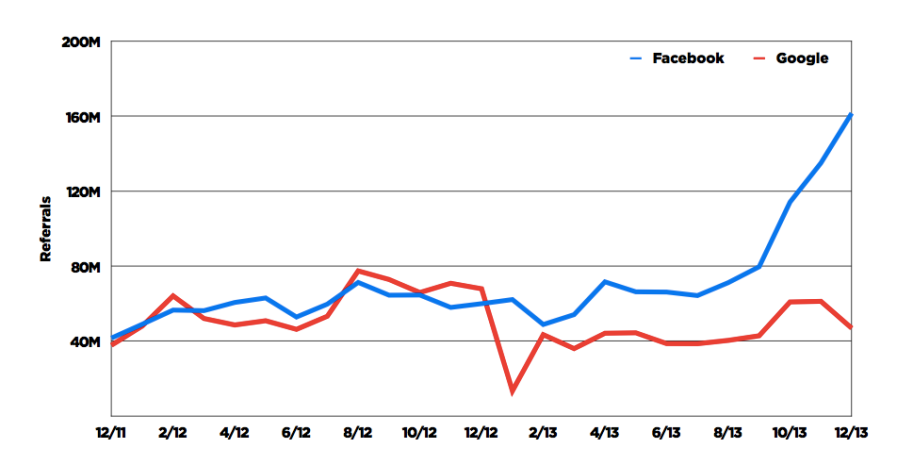
The predictable villain at the heart of digital media's woes
For all the discussion about venture capital, and ad rates, and other scapegoats for tough time digital media's going through - a familiar company carries some of the blame.
I've been reading around the digital journalism layoffs we've seen in recent weeks - and will have plenty to say on the subject soon - but I thought this element of the Digiday article on the Buzzfeed layoffs was rather more important than its position in the article would suggest:
One former BuzzFeed employee noted that the changes Facebook made to its news feed in 2018 had a substantial impact on the reach of BuzzFeed’s content, from BuzzFeed News to its branded content; stories that once reliably gathered 200,000 visits through Facebook were suddenly lucky to get 20,000, this source said. That loss of distribution made covering many topics unsustainable, particularly in foreign markets.
Just think about that, for a moment. A single change by Facebook was depriving Buzzfeed of 90% of its from Facebook traffic. And, on an ad-driven site, that probably equates to about 90% of its revenue. We also know that Buzzfeed was (and possibly still is) heavily dependent on Facebook traffic. How do we know?
The company used to boast about it. This is the famous graph that circulated:

Presciently, back in 2014 (five years ago…), Peter Kafka wrote this in a piece about Buzzfeed's growing Facebook referrals:
Then again, if Facebook has the ability to inflate your traffic, it could also let the air out.
It appears Buzzfeed - and many of its ilk – chose not to heed that warning.
A year ago, BuzzFeed’s vice president of operations Michelle Kempner claimed that they were diversifying away from Facebook traffic. But this quote feels ironic in retrospect:
“The focus on shareable content really helps you survive any platform changes,” Kempner said. “It doesn’t matter what we’re seeing happen on various platforms as long as we’re making content that’s going to resonate with our audience.”
Turns out - it does matter. And matter a lot.
A couple of months after that interview, Kempner left Buzzfeed — for Facebook.
I don't want to over-simplify the situation we're in — but I do think that the sudden and catastrophic drop in Facebook referrals is a much bigger factor in many of the redundancies we've seen in the last few weeks than people are acknowledging. And no wonder. A failure to develop a diversified audience engagement model is a pretty profound failure indeed.
Sign up for e-mail updates
Join the newsletter to receive the latest posts in your inbox.










